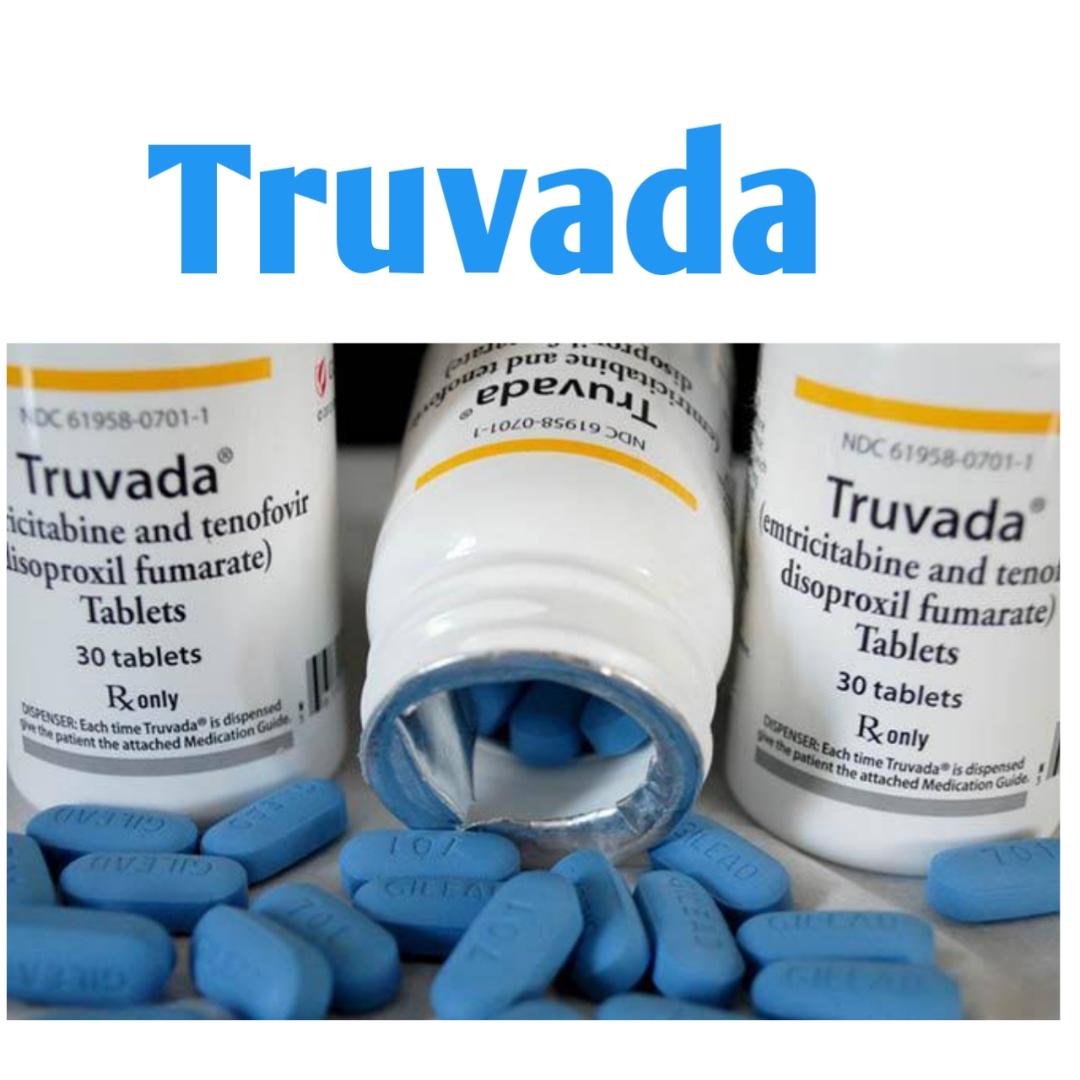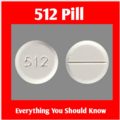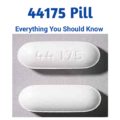
What is Truvada?
Truvada is a prescription medicine approved by the U.S. Food and Drug Administration (FDA) for the following uses:
- To treat HIV infection in adults and children who weigh at least 37 lb (17 kg). Truvada for HIV treatment is always used in combination with other HIV medicines. HIV medicines can’t cure HIV/AIDS, but taking HIV medicines every day helps people with HIV live longer, healthier lives and reduces the risk of HIV transmission.
- To reduce the risk of HIV infection in adults and adolescents who weigh at least 77 lb (35 kg), are HIV negative, and are at risk of getting HIV. This method of preventing HIV infection is called pre-exposure prophylaxis or PrEP. Truvada for PrEP should always be used in combination with safer sex practices, such as using condoms. Read the AIDSinfo fact sheet on PrEP for more information, including information on who should consider taking PrEP.
PrEP is recommended for people at high risk of HIV infection. In practice, this mostly applies to gay or bisexual men who have had anal sex without a condom or been diagnosed with a sexually transmitted disease (STD) in the past six months. But it also includes intravenous drug users who share equipment and heterosexual men and women who don’t regularly use condoms during sex with high-risk partners.
One major study of men who have sex with men, called iPrEx, found that HIV-negative men prescribed Truvada for daily use were 44 percent less likely to contract HIV than those who took a placebo. That figure may be misleading, however, since many of the trial participants did not take the drug, or failed to take it as frequently as recommended.
Truvada contains two different HIV medicines: emtricitabine and tenofovir disoproxil fumarate.
Whether you are taking Truvada for HIV prevention or for HIV treatment (in combination with other HIV medicines), don’t cut down on, skip, or stop taking your HIV medicine(s) unless your health care provider tells you to.
How does Truvada (PrEP) help prevent HIV infection?
- HIV is a virus that attacks your body’s immune cells (the cells that work to fight infections).
- The 2 medications that make up Truvada (tenofovir and emtricitabine) block important pathways that viruses use to set up infection.
- If you take Truvada as PrEP daily, the presence of the medication in your bloodstream can sometimes stop the virus from establishing itself and slow the spread of HIV in your body.
- By itself, PrEP with Truvada does not work all the time so youshould also use condoms during sex for the most protection from HIV infection.
What should I tell my health care provider before taking Truvada?
Before taking Truvada, tell your health care provider:
- If you are allergic to either of the HIV medicines in Truvada (emtricitabine or tenofovir disoproxil fumarate) or any other medicines.
- If you have liver problems, including hepatitis B virus infection (HBV).
- If you have kidney problems or receive kidney dialysis treatment.
- If you have bone problems.
- If you have any other medical conditions.
- If you are pregnant or plan to become pregnant.
- Talk to your health care provider about the risks and benefits of taking Truvada during pregnancy. If you become pregnant while taking PrEP, talk to your health care provider about whether to continue PrEP.
- If you are breastfeeding or plan to breastfeed. Do not breastfeed if you have HIV or are taking Truvada for HIV treatment.
- If you do not have HIV and are taking Truvada for HIV prevention, talk to your health care provider about the best way to feed your baby.
- If you are using hormone-based birth control (such as pills, implants, or vaginal rings).
About other prescription and nonprescription medicines, vitamins, nutritional supplements, and herbal products you are taking or plan to take. Truvada may affect the way other medicines or products work, and other medicines or products may affect how Truvada works. Taking Truvada together with certain medicines or products may cause serious side effects.
Before taking Truvada to reduce your risk of getting HIV, you must get tested to be sure you are HIV negative. Do not take Truvada to reduce the risk of getting HIV unless you are confirmed to be HIV negative.
Before taking Truvada for PrEP, also tell your health care provider:
If you had a flu-like illness anytime in the month before starting Truvada or if you have a flu-like illness at any time while taking Truvada). Flu-like symptoms may be a sign that you could have recently gotten HIV. The flu-like symptoms of a new HIV infection may include: tiredness, fever, nighttime sweating, rash, vomiting, diarrhea, joint or muscle aches, headache, sore throat, or enlarged lymph nodes in the neck or groin.
If you think that you were exposed to HIV. Your health care provider may want to do more tests to be sure you are still HIV negative. While taking Truvada for PrEP, you will get tested for HIV at least every 3 months.
How should I take Truvada?
Truvada comes in tablet form in the following strengths:
- 200 mg emtricitabine (brand name: Emtriva) and 300 mg tenofovir disoproxil fumarate (brand name: Viread)
- 167 mg emtricitabine and 250 mg tenofovir disoproxil fumarate
- 133 mg emtricitabine and 200 mg tenofovir disoproxil fumarate
- 100 mg emtricitabine and 150 mg tenofovir disoproxil fumarate
- Take Truvada according to your health care provider’s instructions.
Dosage for Truvada
The dose of Truvada for adults and pediatric patients 12 years of age and older with body weight 35 kg (77 lb) or more is one tablet (200 mg of emtricitabine and 300 mg of tenofovir disoproxil fumarate) once daily taken orally with or without food.
If you take Truvada for PrEP, take it every day and not just when you think that you were exposed to HIV. Always combine use of PrEP with condoms and other safer sex practices.
If you take too much Truvada, contact your health care provider or local poison control center right away, or go to the nearest hospital emergency room.
For more information on how to take Truvada, see the FDA drug label.
What should I do if I forget a dose?
If you miss a dose of Truvada, take the missed dose as soon as you remember it. But if it is almost time for your next dose, skip the missed dose and just take your next dose at the regular time. Do not take two doses at the same time to make up for a missed dose.
What side effects can Truvada cause?
Some side effects of Truvada can be serious. Serious side effects of Truvada include a buildup of lactic acid in the blood (lactic acidosis) and liver problems.
These are not all the possible side effects of Truvada. To learn more about possible side effects of Truvada, read the drug label or package insert or talk to your health care provider or pharmacist.
Common side effects of Truvada include:
- Nausea,
- Vomiting,
- Stomach pain,
- Diarrhea,
- Headache,
- Dizziness,
- Depression,
- Joint pain,
- Trouble sleeping,
- Strange dreams,
- Back pain,
- Itching or skin rash,
- Changes in the color of skin on your palms or soles of your feet, or
- Changes in the shape or location of body fat (especially in your arms, legs, face, neck, breasts, and waist).
Tell your doctor if you have serious side effects of Truvada including:
- Mental/mood changes (such as depression, anxiety),
- Loss of appetite,
- Stomach or abdominal pain,
- Pink or bloody urine, or
- Changes in the amount of urine.
Dosage for Truvada
The dose of Truvada for adults and pediatric patients 12 years of age and older with body weight 35 kg (77 lb) or more is one tablet (200 mg of emtricitabine and 300 mg of tenofovir disoproxil fumarate) once daily taken orally with or without food.
What Drugs, Substances, or Supplements Interact with Truvada?
Truvada may interact with lithium, methotrexate, pain or arthritis medicines, medicines used to prevent organ transplant rejection, IV antibiotics, antiviral medicines, cancer medicines, herpes medications, medications to treat cytomegalovirus (CMV), or other HIV medicines. Tell your doctor all medications and supplements you use.
Truvada During Pregnancy and Breastfeeding
During pregnancy, Truvada should be used only when prescribed. It is normal to prescribe HIV medicines such as Truvada for pregnant women with HIV. This can decrease the risk of passing HIV to the baby. Truvada may be part of that treatment. Consult your doctor. It is unknown if Truvada passes into breast milk. Because breast milk can transmit HIV, do not breastfeed SEE: Truvada Lawsuit On Side Effects




